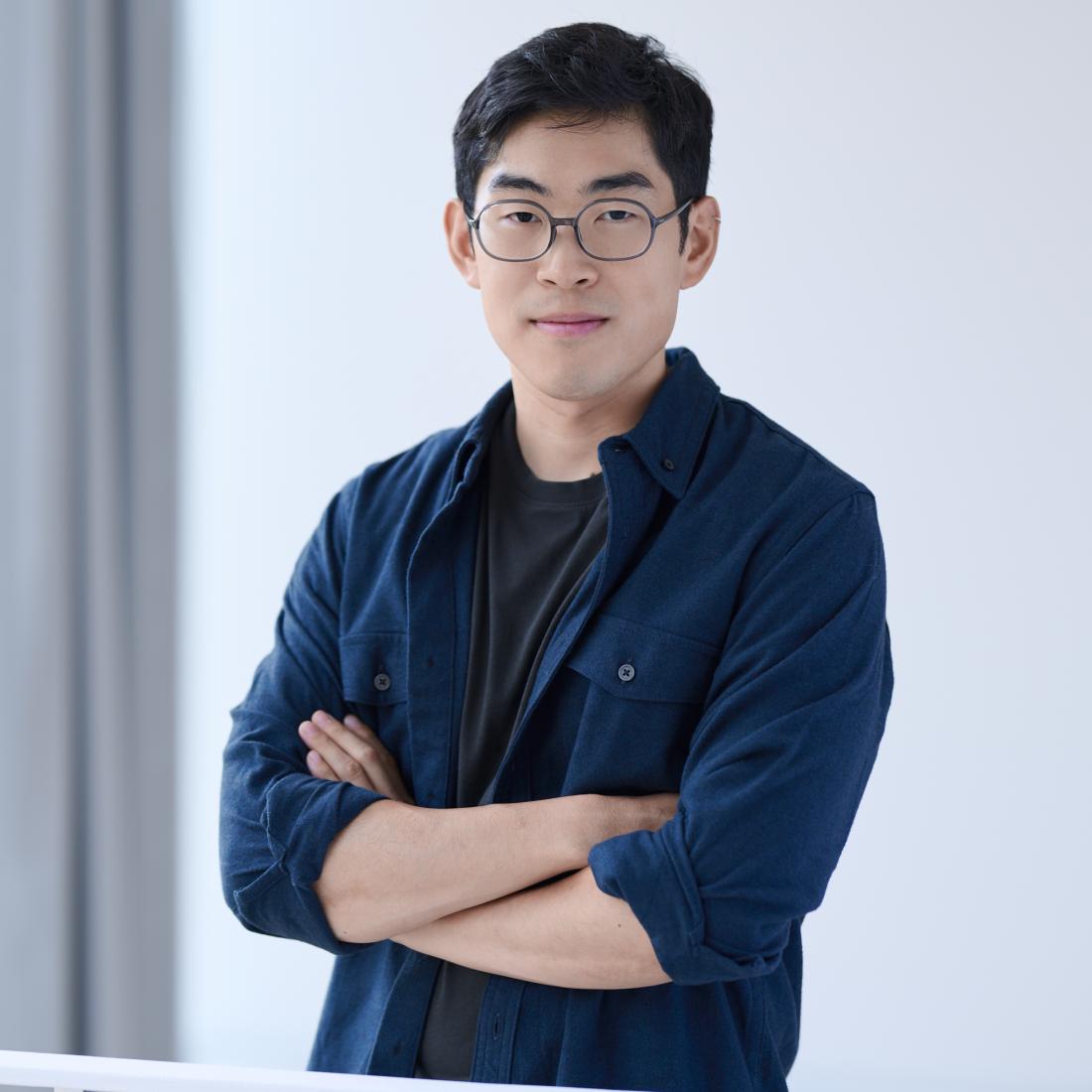
Profile
Ian Ting is a designer and researcher whose work explores the confluence of material systems, robotic fabrication, and human-machine interaction. A cofounder of the architecture and design practice TATA, he is interested in emerging processes of materialization and their ethical frameworks.
Ting has contributed writing to Ghost City: Alternatives for a Metaphysics of Architecture (forthcoming), was an editor of the journal Pidgin, and has published scholarly work in Construction Robotics and Digital Creativity that engages automation and robotics as a means of reimagining form making, assembly, and collaboration in architecture. His other academic projects, from archival research to video game studies, have been supported by interdisciplinary initiatives including the Princeton Mellon Initiative and the Princeton Humanities Council.
Prior to forming TATA, Ting worked with Kevin Daly Architects and Adamson Associates in Los Angeles, Pelli Clarke & Partners in New Haven, and T+E+A+M and Synecdoche Design Studio in Ann Arbor, in roles spanning from fabrication to large-scale commercial, institutional, and cultural projects. Before joining Rice, Ting taught at Woodbury University, EPFL, Princeton University, and the Princeton Academy of Art. He is a licensed architect in the state of Texas.

